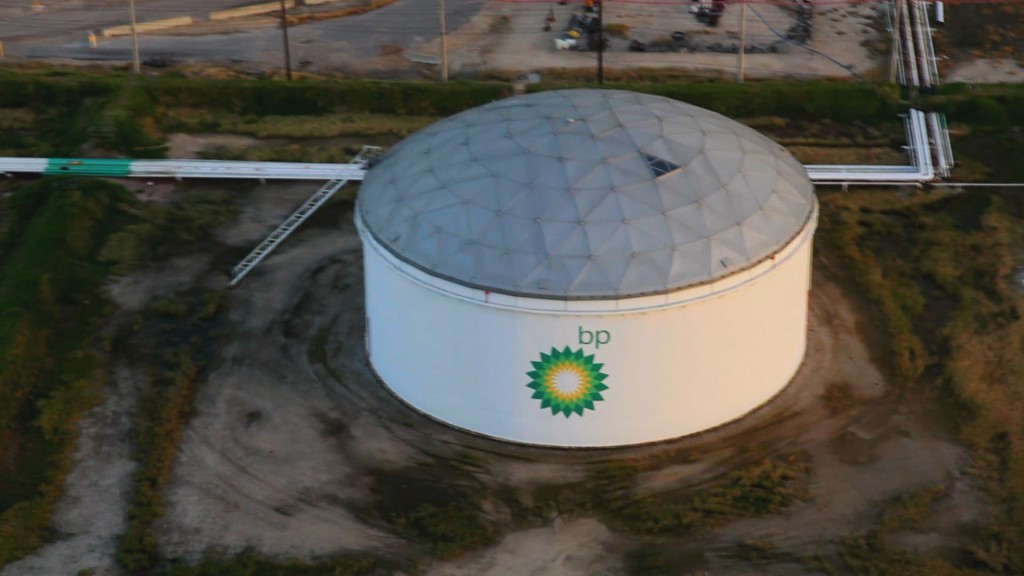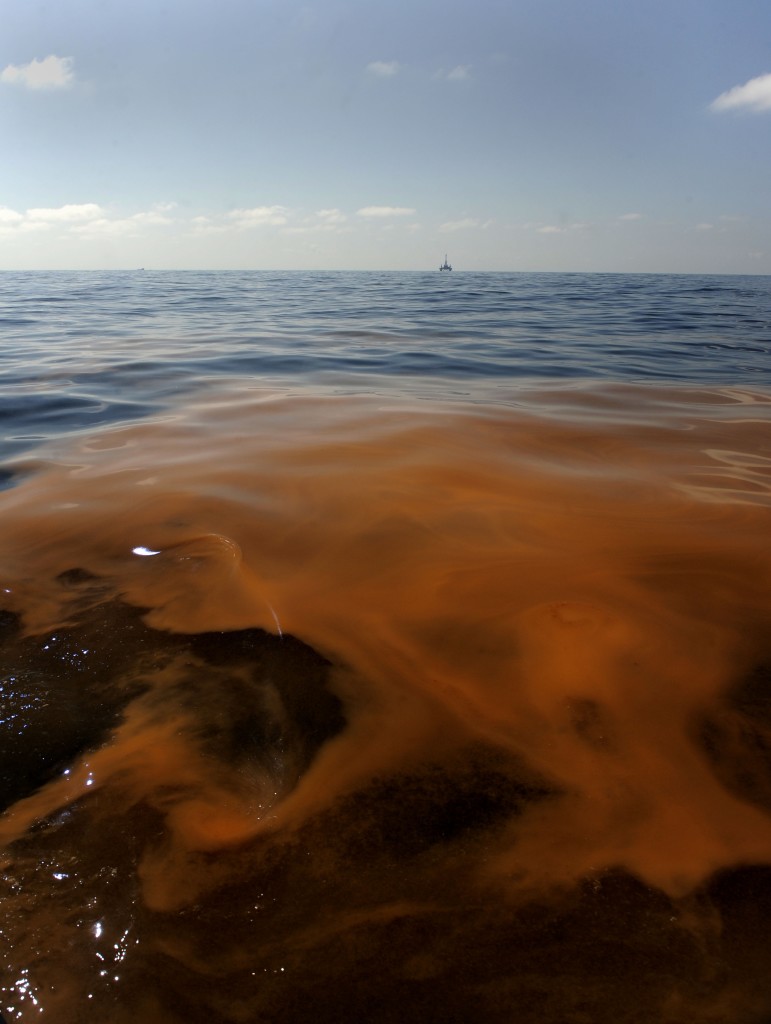BP Facing Up to $17 Billion in Penalties in Civil Trial

February 25, 2013
Share
A high-stakes civil trial against BP begins today to assign blame and assess damages related to the April 2010 Deepwater Horizon spill that could cost the oil giant between $4 and $17 billion in penalties.
The first part of the trial will focus on the cause of the disaster in order to determine whether BP was negligent, meaning it failed to use reasonable care, or was “grossly negligent,” which involves a substantial deviation from the duty of reasonable care. Last year, BP admitted negligence in a separate $4.5 billion criminal settlement.
The second part of the trial, which could begin in September, will address how much oil spilled, a factor that helps determine the federal fine. If BP is found negligent, it would pay $1,100 per barrel of oil spilled, and if found grossly negligent, it would pay $4,300 per barrel.
The government says that 4.9 million barrels of oil spilled in the disaster, while BP claims that the amount is 20 percent of that.
“It is extremely difficult to determine precisely how much oil was spilled into the Gulf of Mexico,” explained David Uhlmann, the former chief of the environmental crimes section at the Department of Justice. “Both sides are working from flow estimates. There is no metering device on the well that can be used to determine how much oil is discharged when a blowout occurs.”
Last week BP scored a small victory when the Justice Department agreed that the 810,000 barrels oil BP captured with its vessels and containers should not be included in the fine, which could save the company several billion dollars.
Five states — Mississippi, Florida, Texas, Louisiana and Alabama — could benefit from the suit, but only the latter two states are involved in the trial. And though the plaintiffs are united in their view that BP was grossly negligent, there is disagreement over how much BP should pay in civil penalties, like the Clean Water Act fines, or natural resource damages, through the National Resource Damage Assessment process (NRDA). Natural resource damages can only be used for environmental restoration projects and are tax-deductible for BP, while economic damages can be spent more flexibly and are not tax-deductible.
On Sunday, The New York Times reported that a $16 billion settlement offer had been made to BP that would limit Clean Water Act fines to $6 billion, impose $9 billion in natural resource damages and restoration, and set aside $1 billion for any unanticipated environmental damages.
Uhlman said a settlement is still possible in the early weeks of the trial. “But if the case is not settled,” he added, “the trial will last several months, and a final resolution of the case is not likely to come for several years.”
Related Documentaries
Latest Documentaries
Related Stories
Related Stories
Explore
Policies
Teacher Center
Funding for FRONTLINE is provided through the support of PBS viewers and by the Corporation for Public Broadcasting, with major support from Ford Foundation. Additional funding is provided the Abrams Foundation, Park Foundation, John D. and Catherine T. MacArthur Foundation, Heising-Simons Foundation, and the FRONTLINE Trust, with major support from Jon and Jo Ann Hagler on behalf of the Jon L. Hagler Foundation, and additional support from Koo and Patricia Yuen. FRONTLINE is a registered trademark of WGBH Educational Foundation. Web Site Copyright ©1995-2025 WGBH Educational Foundation. PBS is a 501(c)(3) not-for-profit organization.





















